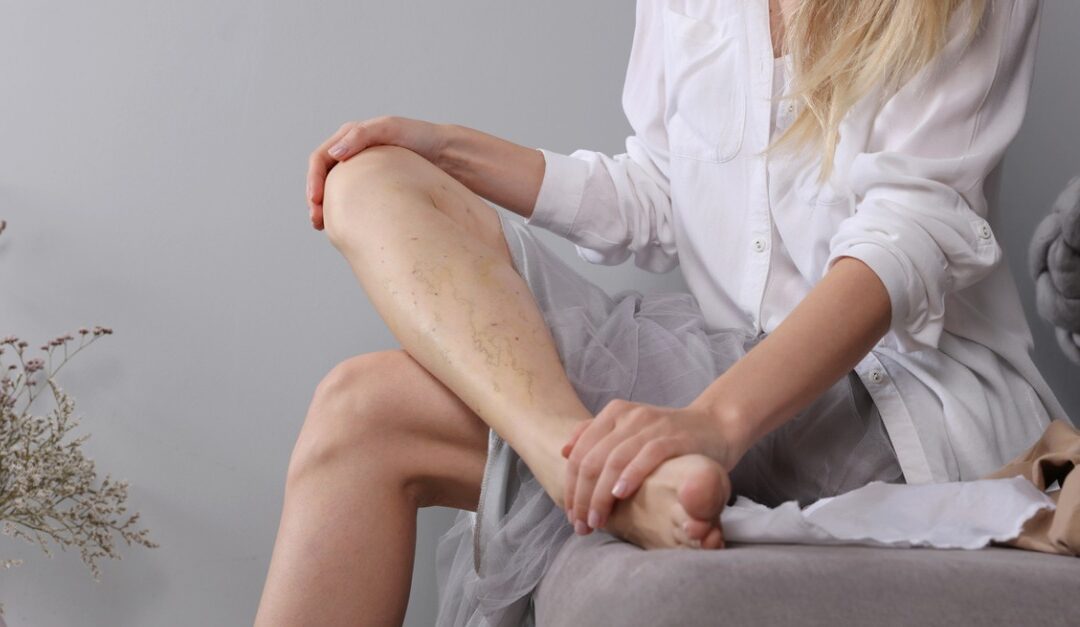If you have varicose veins or other circulation issues, you may have guessed that temperature changes can impact your vein health. For example, while summertime heat and humidity won’t cause varicose veins, you may experience increased discomfort, throbbing, and heaviness on hot days if you have them. That’s because our veins increase in size during the warmer weather in a phenomenon known as venodilation, which helps to regulate blood flow and keep the body cool.
The good news is that as the weather cools, you’ll likely begin to feel some relief from these symptoms. Colder weather can allow your blood vessels to shrink back down, which may alleviate pressure in the calves and ankles. But there are other winter-related factors that can affect your vein health, too. Here’s a closer look at what to expect.
Cold Weather & Your Veins
After closely studying cardiovascular diseases, experts have determined that issues like deep vein thrombosis are more likely to occur in the winter. It’s believed that this increased risk stems from several factors, including changes in temperature, reduced physical activity, and cold weather food habits.
While the cooler weather may bring relief from symptoms of varicose veins, significant drops in temperature can constrict the veins and arteries. For people who already experience circulation issues, this extra strain could put added pressure on the heart, potentially leading to cardiovascular issues.
Additionally, blood becomes thicker as the weather gets colder, which can increase the risk of clotting and the conditions that can come with it, such as heart attack and stroke.
Diet and Exercise Changes
Outside of temperature-related factors, many people experience lifestyle changes along with shifts in the weather. For example, you may find yourself becoming less active as the temperatures cool and days grow shorter. We know that physical inactivity can increase the risk of blood clot formation, so finding ways to stay active even when it’s frigid outside is important.
If it feels too chilly to take walks, ride your bike, or even do outside yardwork, consider hitting the gym or trying at-home workouts. Additionally, avoid sitting for long stretches of time, and get up and move at least once an hour.
Dietary factors can also influence vein health throughout the winter months. During the holidays, we’re more likely to indulge in dishes that are often high in sodium, which can increase blood pressure, putting added strain on veins. Too much alcohol — commonly shared around the holidays — can also spike blood pressure. Finally, weight gain can put more stress on varicose veins, causing valves to grow weaker and excess blood to pool in the legs, intensifying symptoms like heaviness.
With these factors in mind, it’s certainly possible to enjoy the relief of cooler weather without compromising vein health. In addition to staying active, take a mindful approach to eating, and stay on track with any special dietary guidelines your doctor has advised. If you do choose to drink, do so in moderation. If your doctor has prescribed any other measures to keep your veins healthy, such as wearing compression socks, be sure to carry them over into the cooler season.
If you’re searching for experts to help you maintain your vein health year-round, turn to Vascular Surgical Associates. Our vein specialists treat a wide range of conditions, including peripheral artery disease and venous disease including varicose veins. To schedule an appointment, call (770) 423-0595, or connect with us online.





